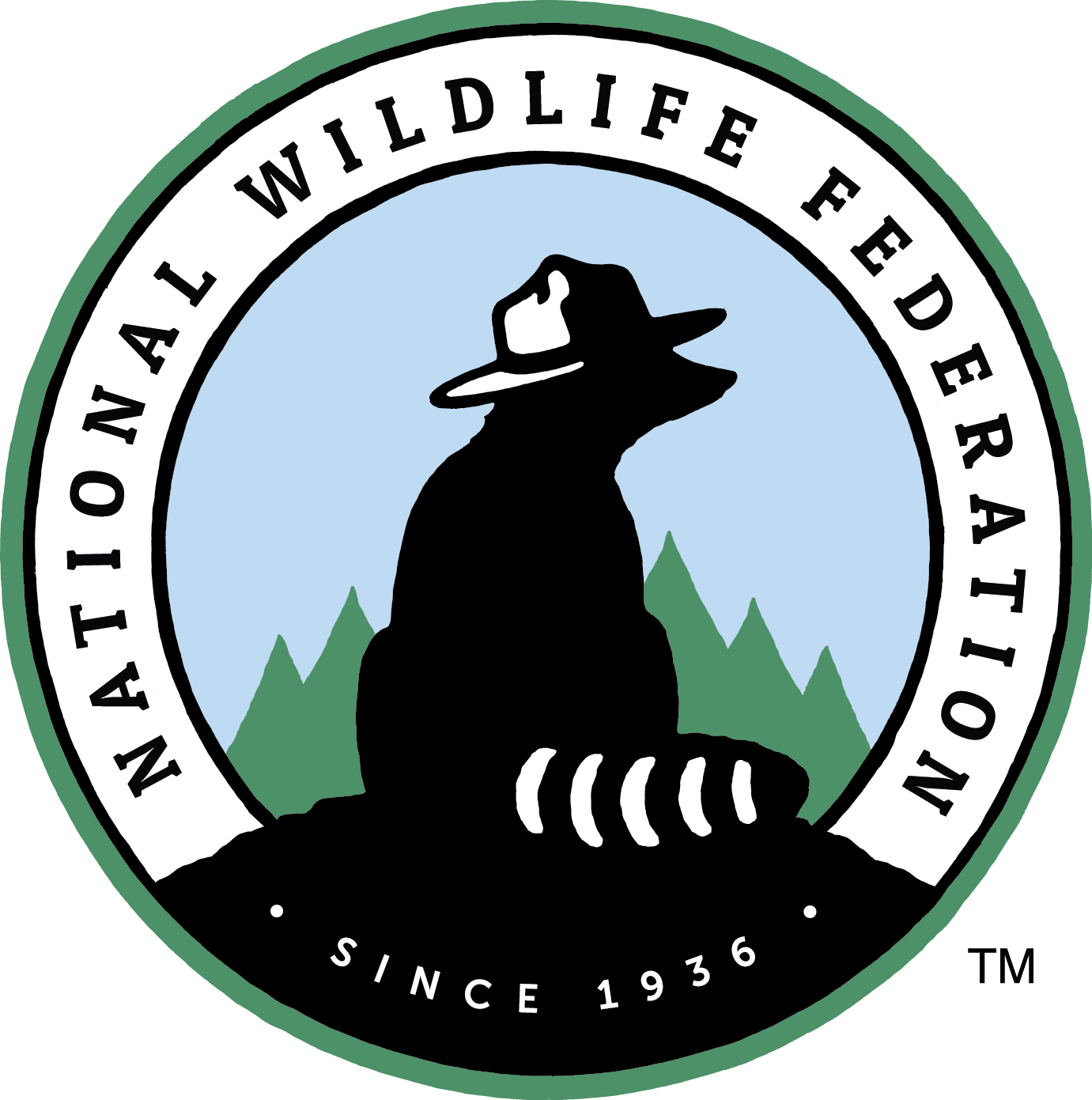Number 2020-06
WHEREAS, multiple transboundary rivers originating in British Columbia flow into Alaska, Washington, Idaho, and Montana through lands important to sovereign Indigenous peoples; and
WHEREAS, pristine waters and intact habitats make protecting productive and healthy wild salmon and other species throughout these shared rivers a priority; and
WHEREAS, commercial mining in British Columbia is experiencing unprecedented expansion such that several proposed and operating British Columbia mines, some of the largest in the world, are located in the transboundary watersheds that sustain communities in Alaska, Washington, Idaho, and Montana; and
WHEREAS, the many communities and cultures of Southeast Alaska, Washington, Idaho, and Montana, are largely dependent on the relationship to these waterways for livelihood and cultural practices, including through commercial fisheries, sport fisheries, and other maritime and terrestrial harvest and food security involving integral foods including the five species of Pacific salmon, oolichan, trout, and plants and fungi that support subsistence within the watershed; and
WHEREAS, the consequences of large-scale mining and energy development have a history of detrimental impacts on downstream rivers and water quality that healthy fisheries depend upon, therefore posing a threat to all downstream communities; and
WHEREAS, large-scale extractive industries, including mining projects at all stages, can bring disruptive and damaging social impacts, practices, and consequences to the region including a rise in substance abuse, domestic violence, community divisions, economic disparity, and a decline in cultural practices; and
WHEREAS, existing and proposed mining in the headwaters of shared river basins can pose a threat of acid mining drainage for centuries unless the mines are governed by strict regulations, consistent and sufficient inspections and adequate funding to conduct potential future cleanups, with such funding to include full bonding for both cleanup and restoration of impacted areas; and
WHEREAS, federal-provincial environmental assessment processes should address the cumulative impacts of social impacts, industrial development, and possible failures of such development; and
WHEREAS, Canada ratified United Nations Declaration on the Rights of Indigenous Peoples (UNDRIP) in 2016, including the principles of free, prior, and informed consent (FPIC) for all Indigenous groups impacted by the actions of the federal government; and
WHEREAS, harvest sharing arrangements currently exist under provisions of the Pacific Salmon Treaty between the U.S. and Canada for Chinook, sockeye and Coho salmon returning to shared rivers; and
WHEREAS, mining projects in Canada do not contribute to the local economies of Alaska, Washington, Idaho, and Montana, but will contribute harm U.S. waters; and
WHEREAS, the Boundary Waters Treaty of 1909 between the United States and Canada prohibits pollution on one side of the boundary that would cause injury to life or property on the other side; and
WHEREAS, both UNDRIP and the Boundary Waters Treaty recognize that the water, fish, and people of a shared watershed enjoy rights that transcend national boundaries; and
WHEREAS, exploratory operation is already underway at the headwaters of the transboundary rivers within British Columbia for fully permitted large-scale mines; and
WHEREAS, Premier Horgan, leader of the British Columbia Provincial Government, has committed to bring provincial laws into harmony with UNDRIP by introducing and passing the recent Declaration on the Rights of Indigenous Peoples Act but has yet to implement it; and
WHEREAS, senators from Alaska, Washington, Idaho, and Montana have recently stated their support for greater mining protections on transboundary rivers in British Columbia and called upon British Columbia leadership to take action to guarantee the protection of Alaska’s natural resources; and
WHEREAS, it is the responsibility of the governments of Alaska, Washington, Idaho, Montana, British Columbia, United States, and Canada to include impacted sovereign governments in decision-making and to work together to safeguard shared watersheds from harm.
NOW, THEREFORE, BE IT RESOLVED that the National Wildlife Federation, at its Annual Meeting assembled June 12, 2020, calls upon the congressional delegations of Alaska, Washington, Idaho, and Montana to demand that the Government of British Columbia, as the jurisdiction where mines in the transboundary watersheds are regulated, to act immediately to protect the transboundary watersheds and all who depend on it from the impacts of mining by:
1. Strongly supporting Premier Horgan’s efforts to implement the United Nations Declaration on the Rights of Indigenous Peoples (UNDRIP), including the principles of Free, Prior, and Informed Consent (FPIC), in all Indigenous communities for all Indigenous people, specifically including those in Alaska, Washington, Idaho, and Montana, and
2. Requesting that the Government of British Columbia take maximum advantage of the current opportunity to undertake needed reforms to strengthen its financial assurances system to require full security and environmental protection on mines as is already required in Washington State and Alaska; and
BE IT FINALLY RESOLVED that the National Wildlife Federation calls on the Congress to hold hearings on the impacts to communities downstream of mines in British Columbia located in transboundary watersheds, and particularly in Indigenous communities.
